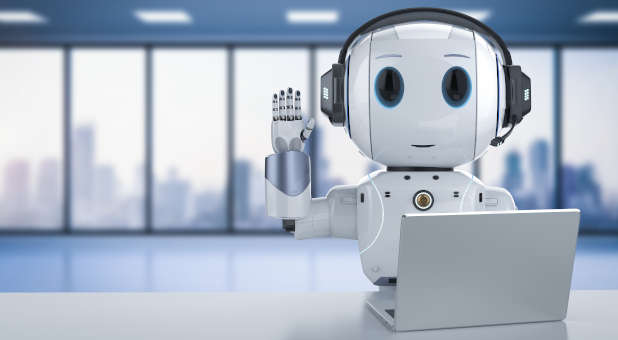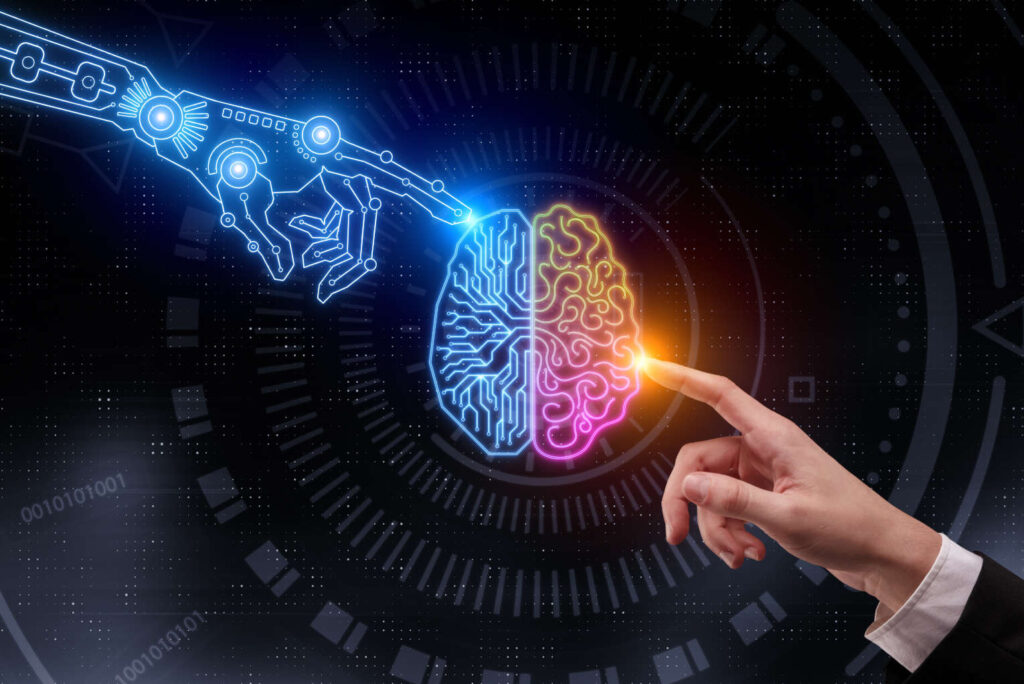In an era marked by technological advances, even positions in the fivefold ministry are not immune to the influence of artificial intelligence.
Recent findings from a Department for Education report in Great Britain reveal that clergy members, entrusted with the spiritual guidance of congregations, rank among the top 20 professions most susceptible to the impact of AI, particularly in the realm of “large language model” systems.
According to the study, clergy members hold the 13th position in vulnerability among the 365 occupational categories examined. The assessment considered crucial skills inherent in each profession, such as written comprehension and inductive reasoning, evaluating their replicability by AI systems.
While the study underscores potential challenges, it is essential to recognize the nuanced landscape of AI integration in religious practices. Instances of AI-generated sermons and AI-powered church ceremonies have already emerged, sparking discussions within the Christian community about the role of technology in ministry.
Theologians and leaders, such as Jonas Simmerlein of the University of Vienna, acknowledge the value of AI in aiding clergy members in sermon preparation. Even former Church of Scotland head, the Very Rev Albert Bogle, encourages an embrace of AI while asserting its limitations in replicating the profound human experience of worship.
Biblically, the call to spread the Word of God remains steadfast. The Great Commission, as outlined in Matthew 28:19-20, compels believers to make disciples of all nations. While AI may offer efficiency and assistance, the essence of human interaction and community building remains irreplaceable in fulfilling this sacred mission.
“Go therefore and make disciples of all nations, baptizing them in the name of the Father and of the Son and of the Holy Spirit, teaching them to observe all that I have commanded you,” (Matt. 28:19-20).
The potential drawbacks of relying solely on AI in ministry also include the risk of diluting the personal touch that defines pastoral care. The unique nuances of human experience, empathy and emotional connection that clergy bring to their congregations are elements not easily replicated by machines.
Many within the Christian faith have also raised the alarm at the potential of the Bible being rewritten for a more modern audience, and makes it more “inclusive.”
This fear, while valid, does not need AI to be accomplished, merely fast-tracked. It is groups such as PETA, LGBTQ activists, even the government of China, who are actively working to re-write the Bible and take away from the saving knowledge of Jesus Christ.
Ok maybe this is old news, but a follower just sent me this, and I’d never seen it. An LGBTQ version of the Bible that not only changes the verses about homosexuality, but also verses about sin and hell. Evil Also interesting that they use “clobber passages” to describe what… pic.twitter.com/A5OTAaC6Sa
— Allie Beth Stuckey (@conservmillen) November 25, 2023
As discussions about AI in ministry unfold, the tension between leveraging technological tools for efficiency and preserving the authenticity of human interaction becomes evident. The rise of AI poses a challenge for religious leaders to strike a delicate balance, ensuring that technology serves as a complement rather than a substitute for the essence of faith and community.{eoa}
Join Charisma Magazine Online to follow everything the Holy Spirit is doing around the world!
James Lasher is Staff Writer for Charisma Media.
See an error in this article?
To contact us or to submit an article




















